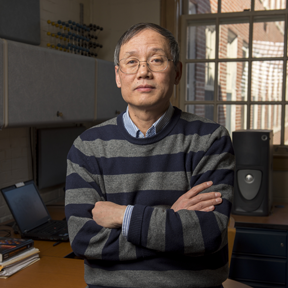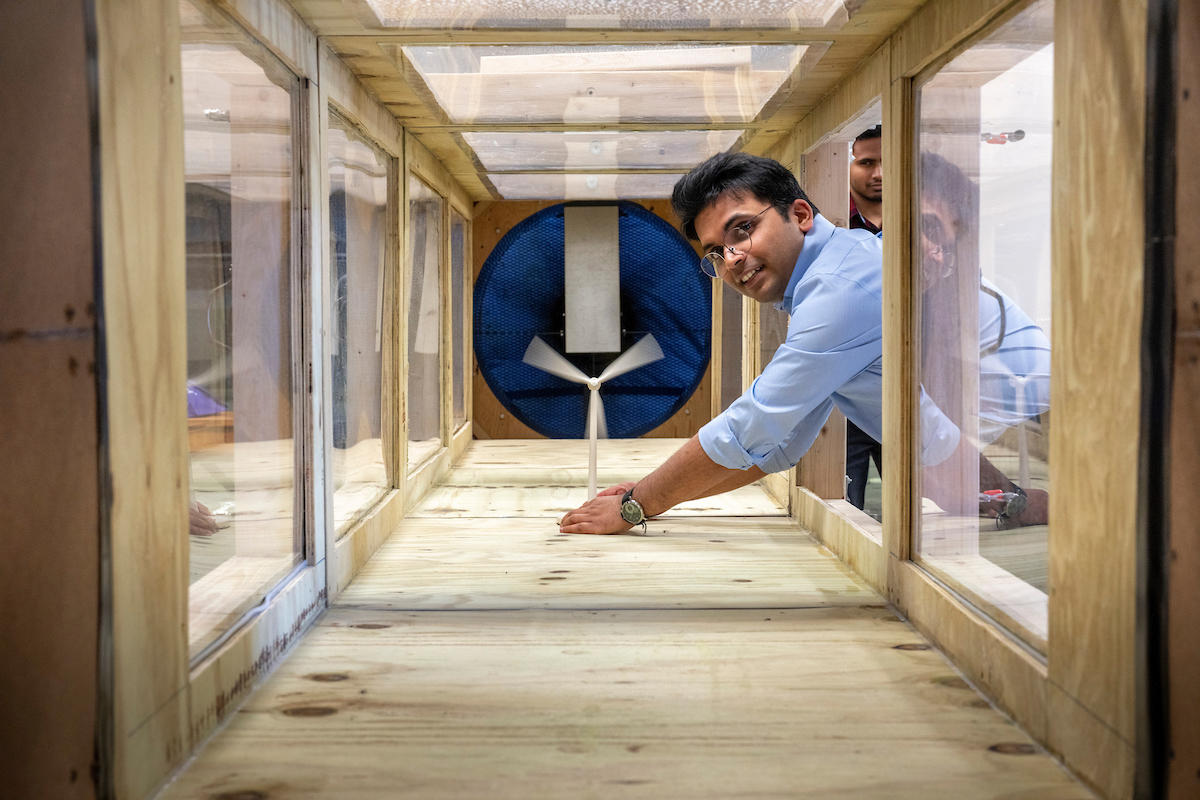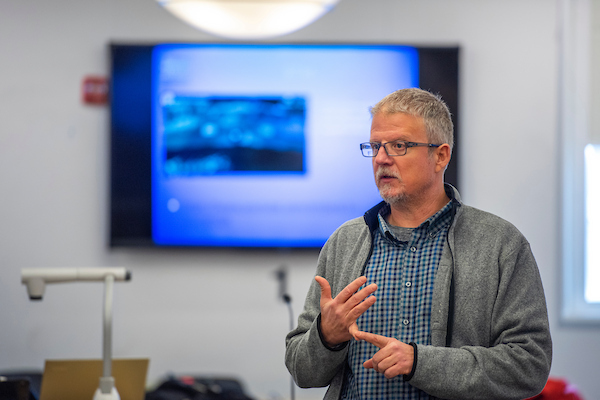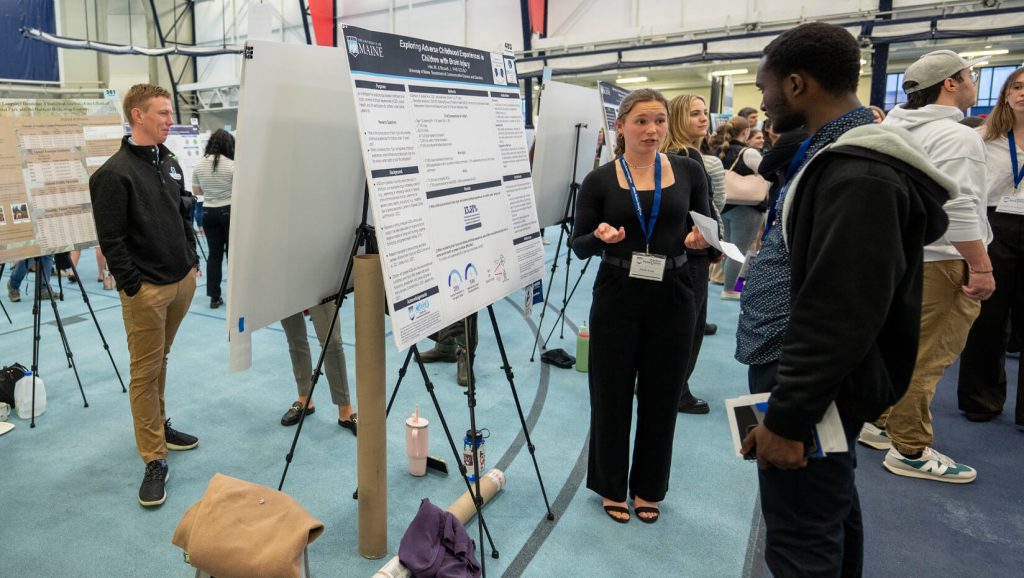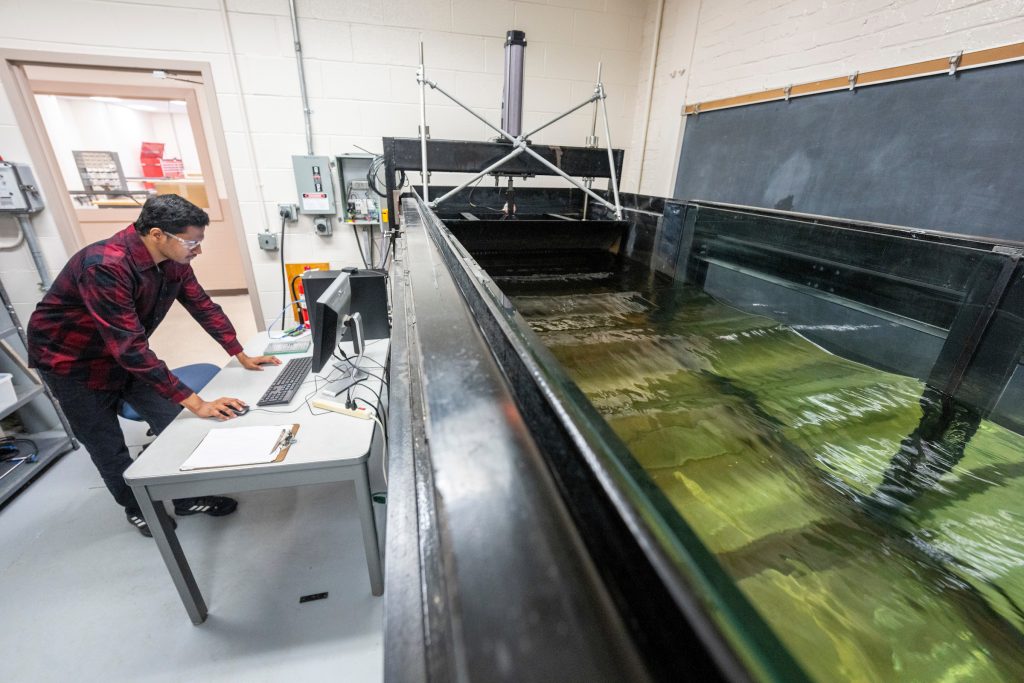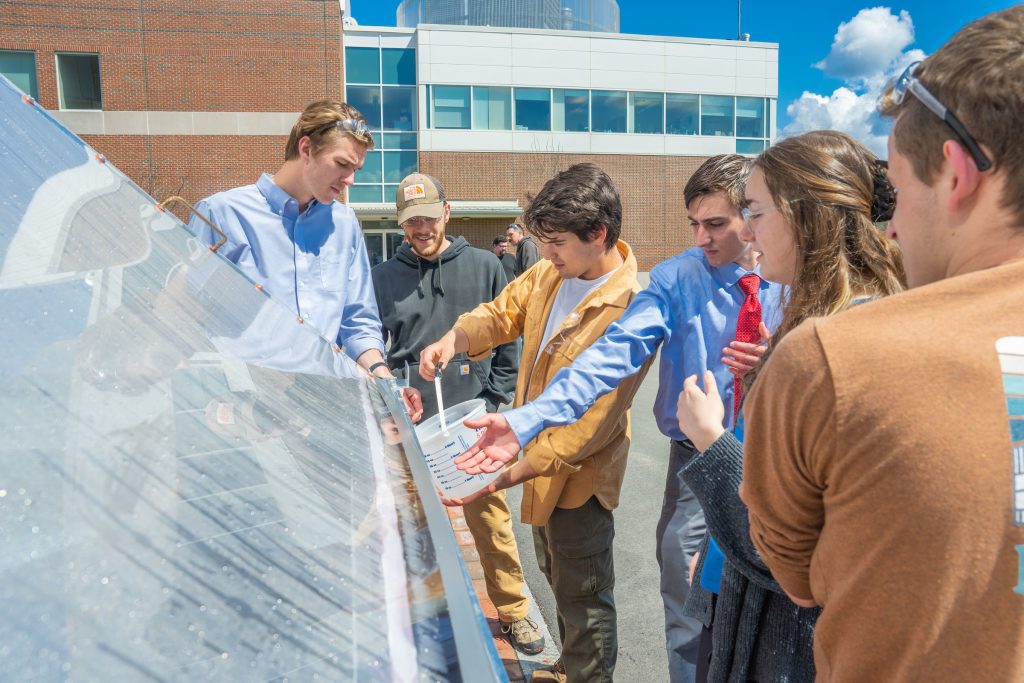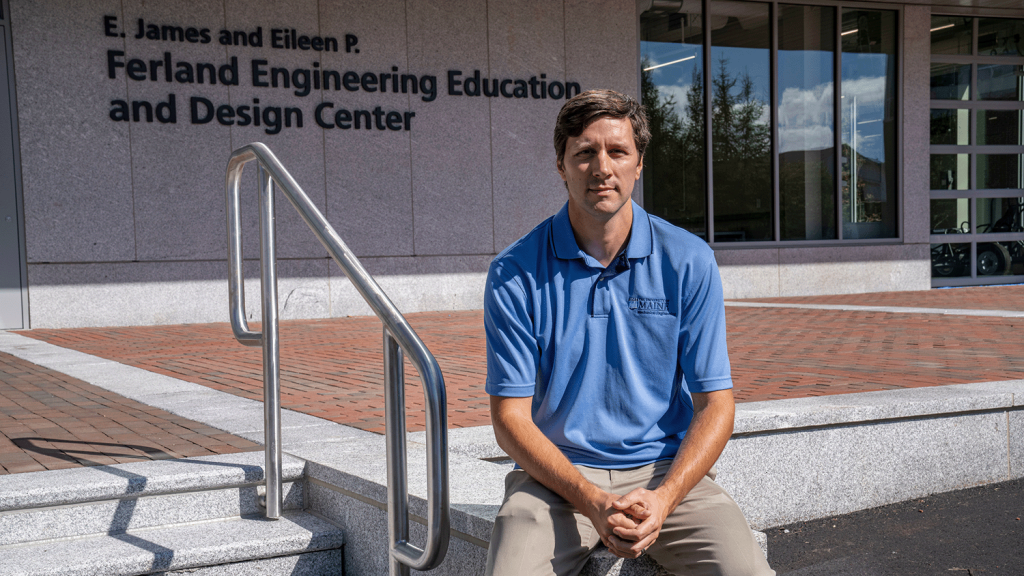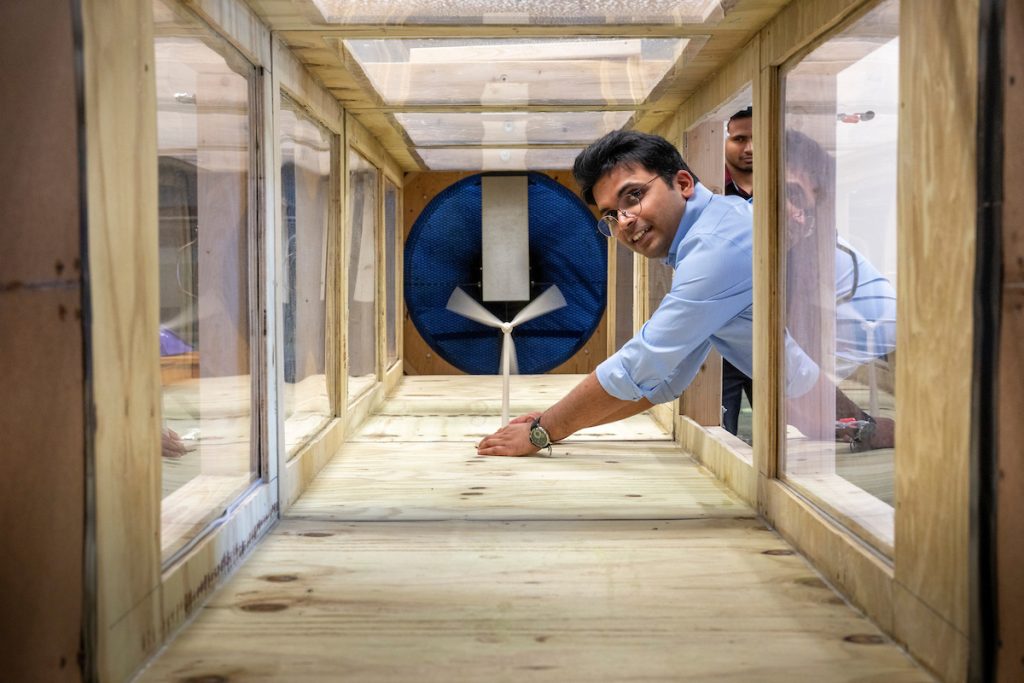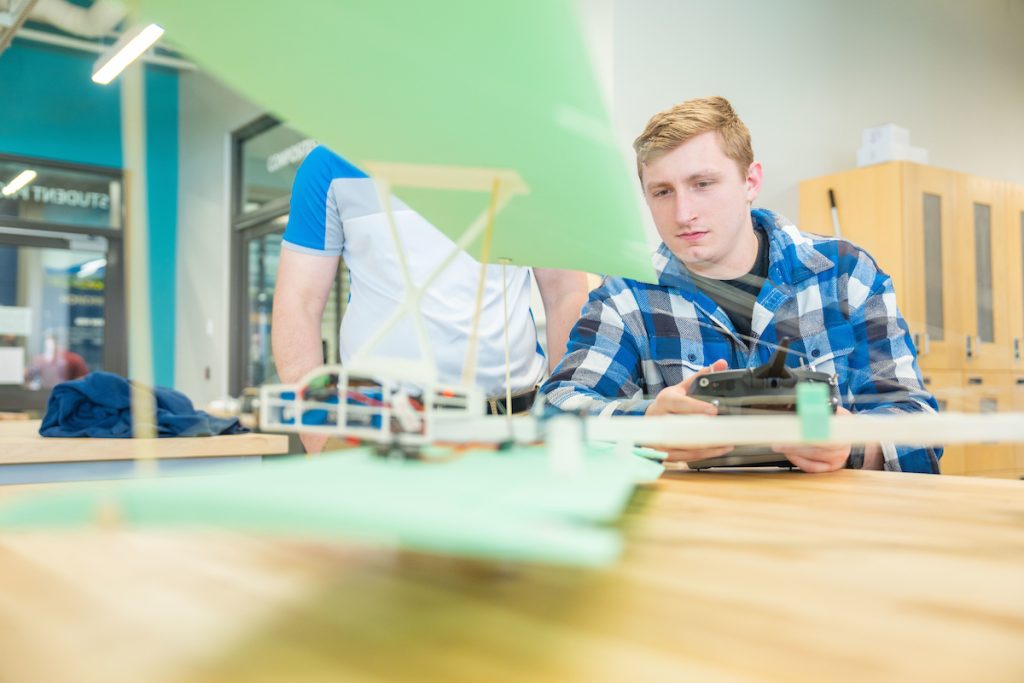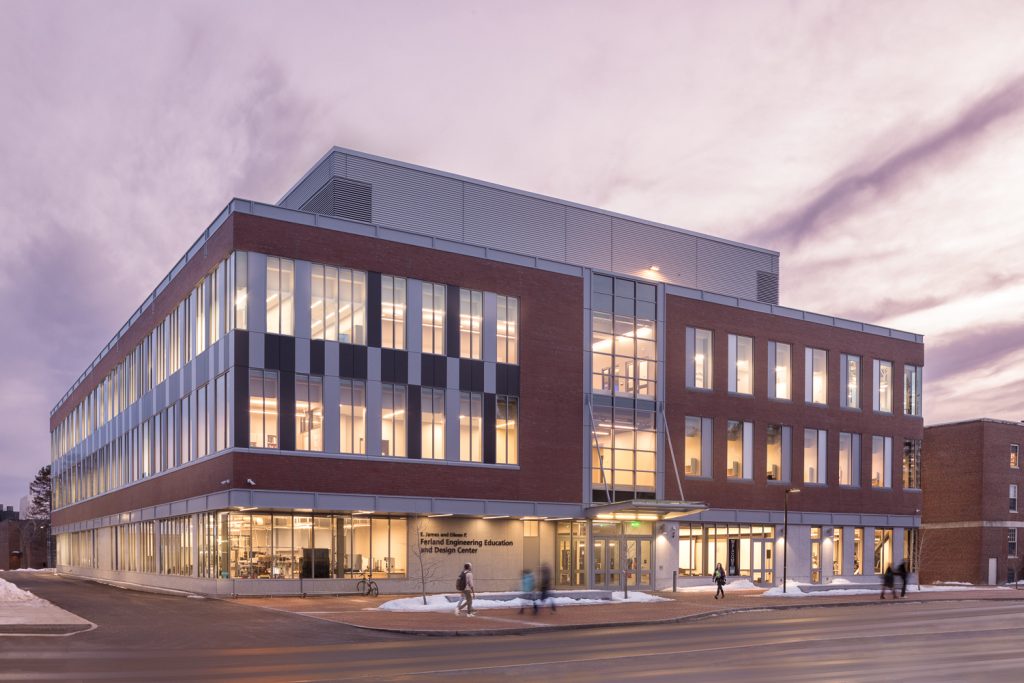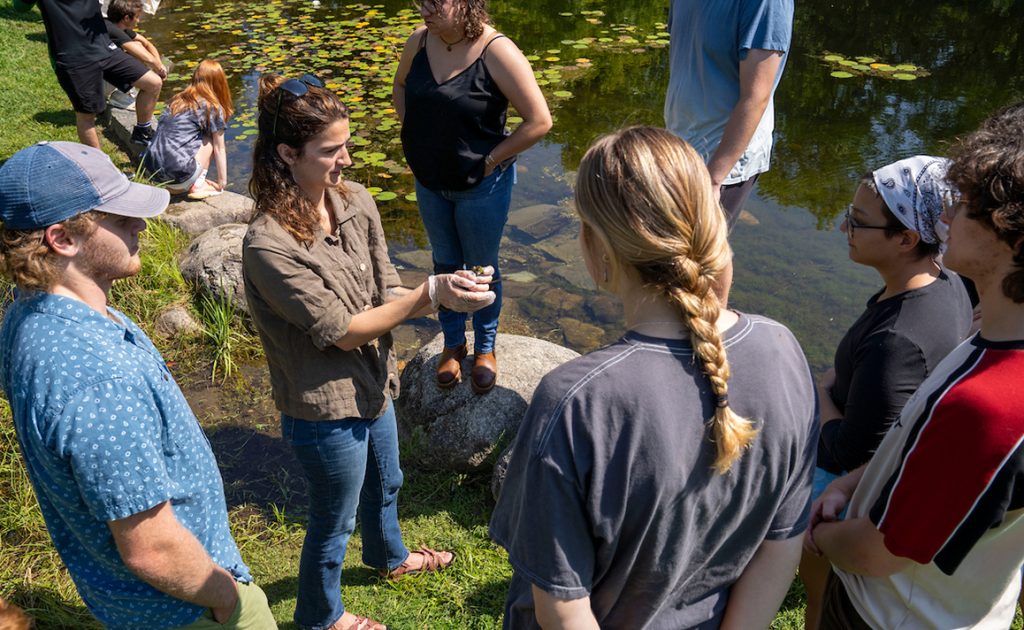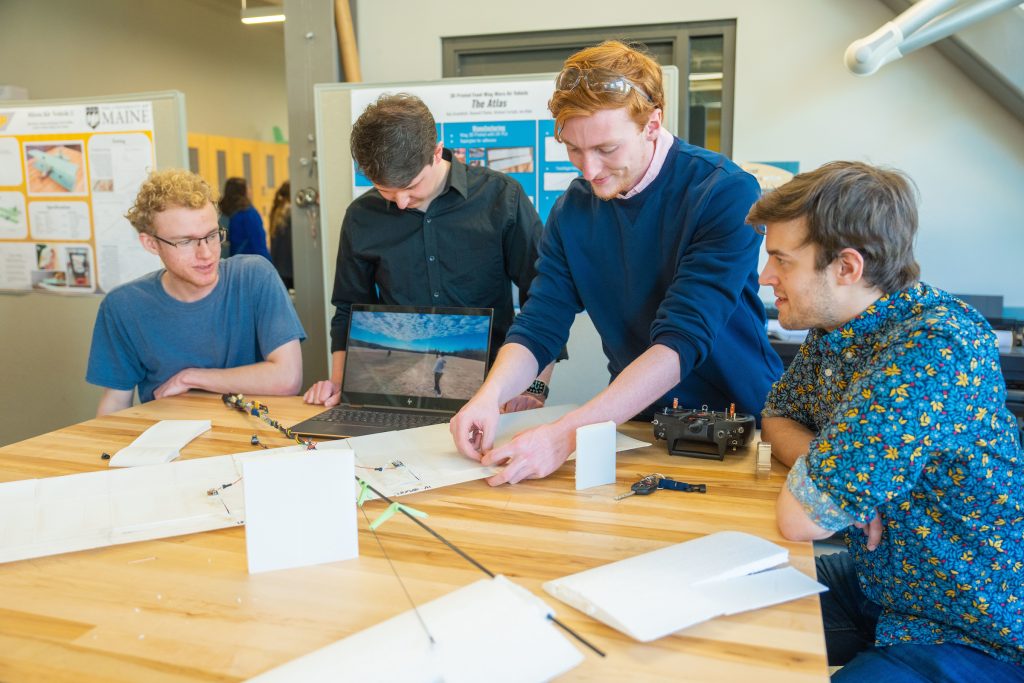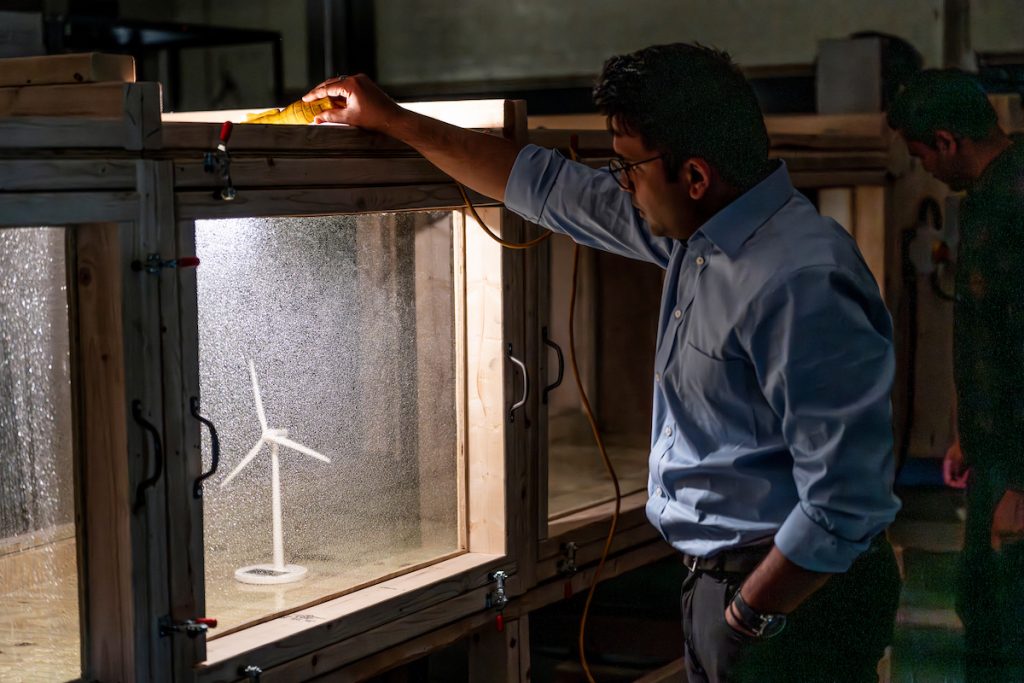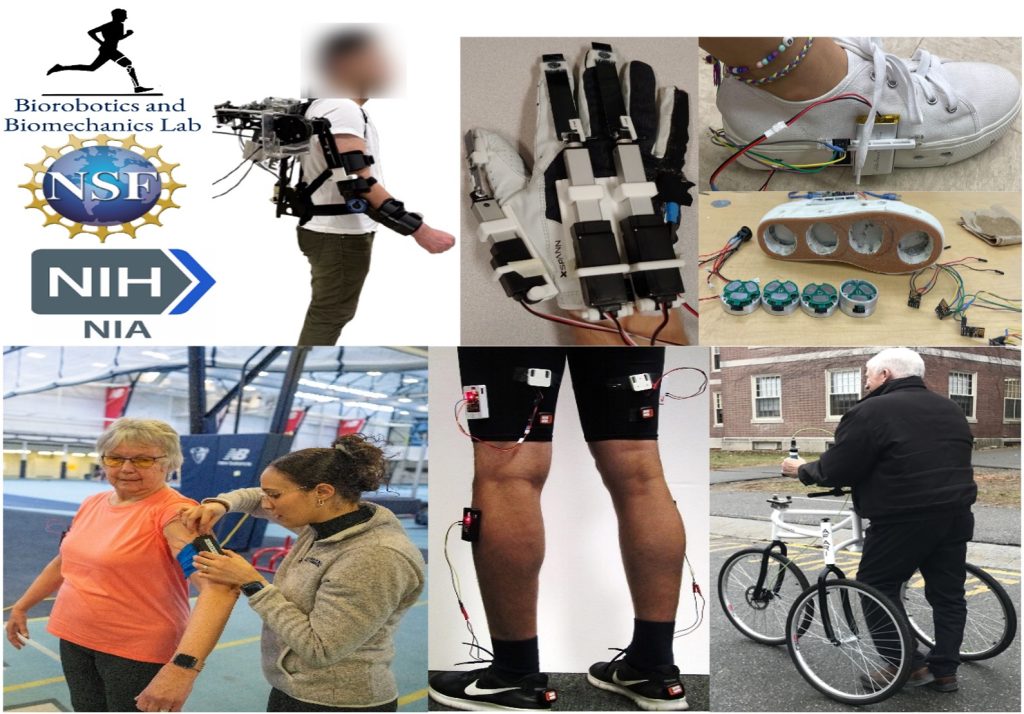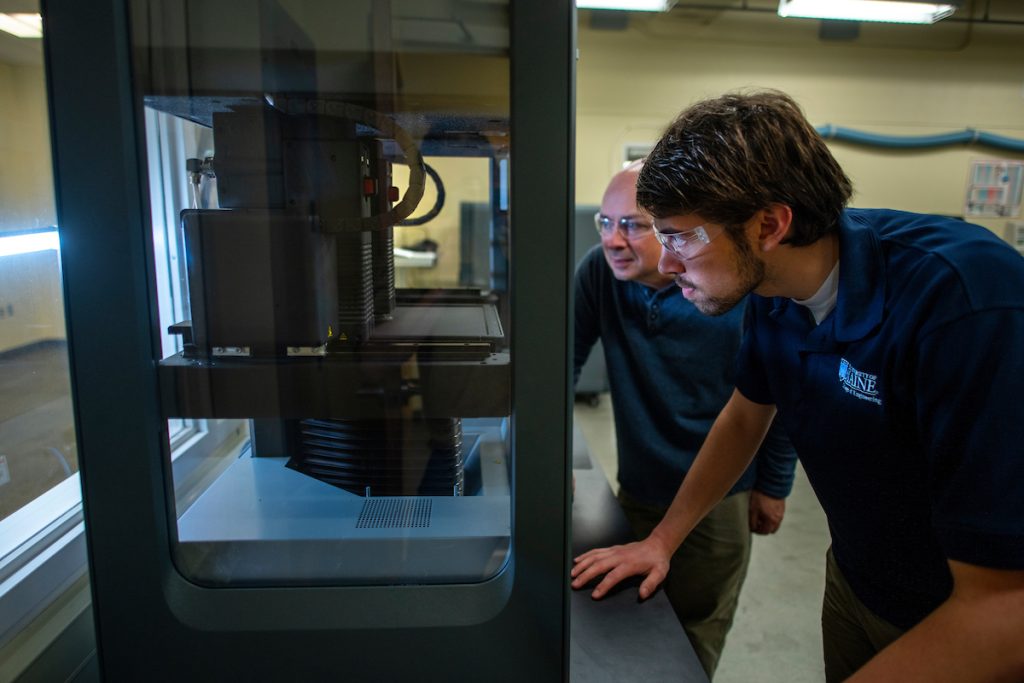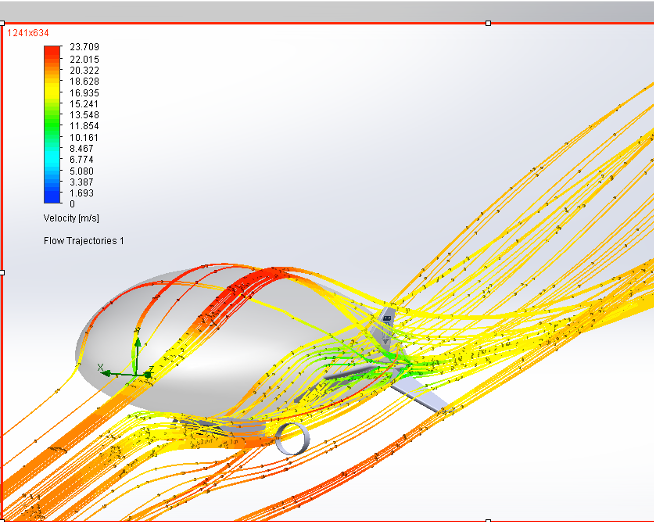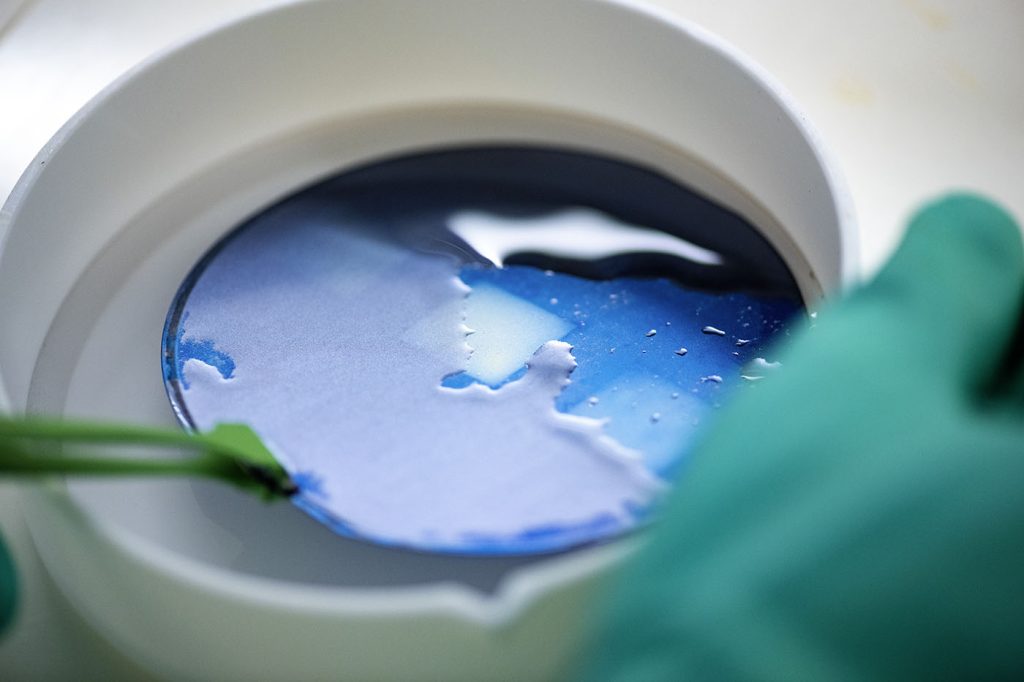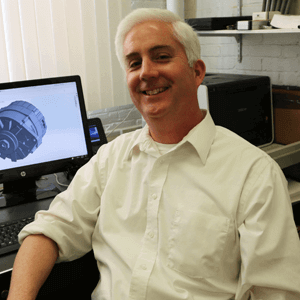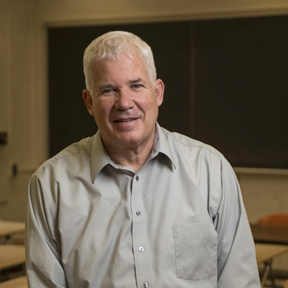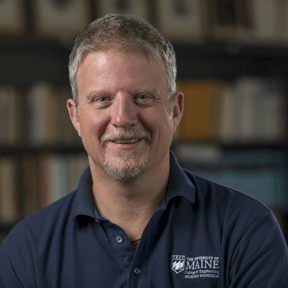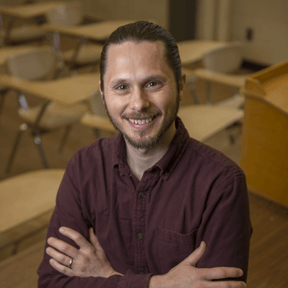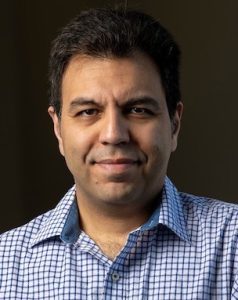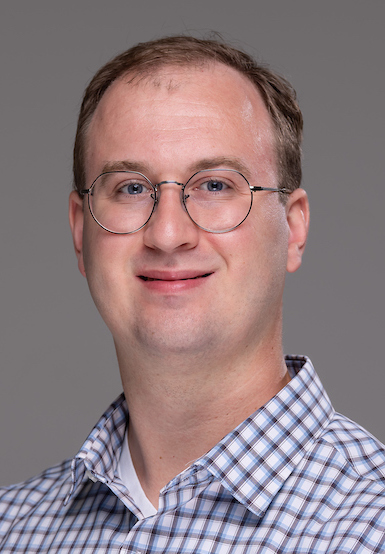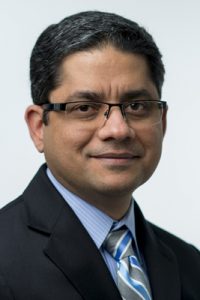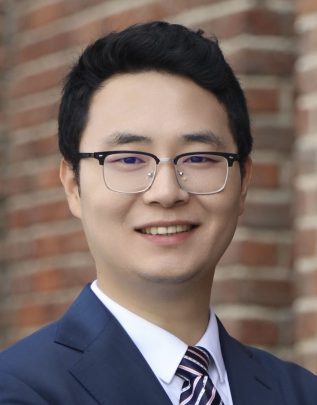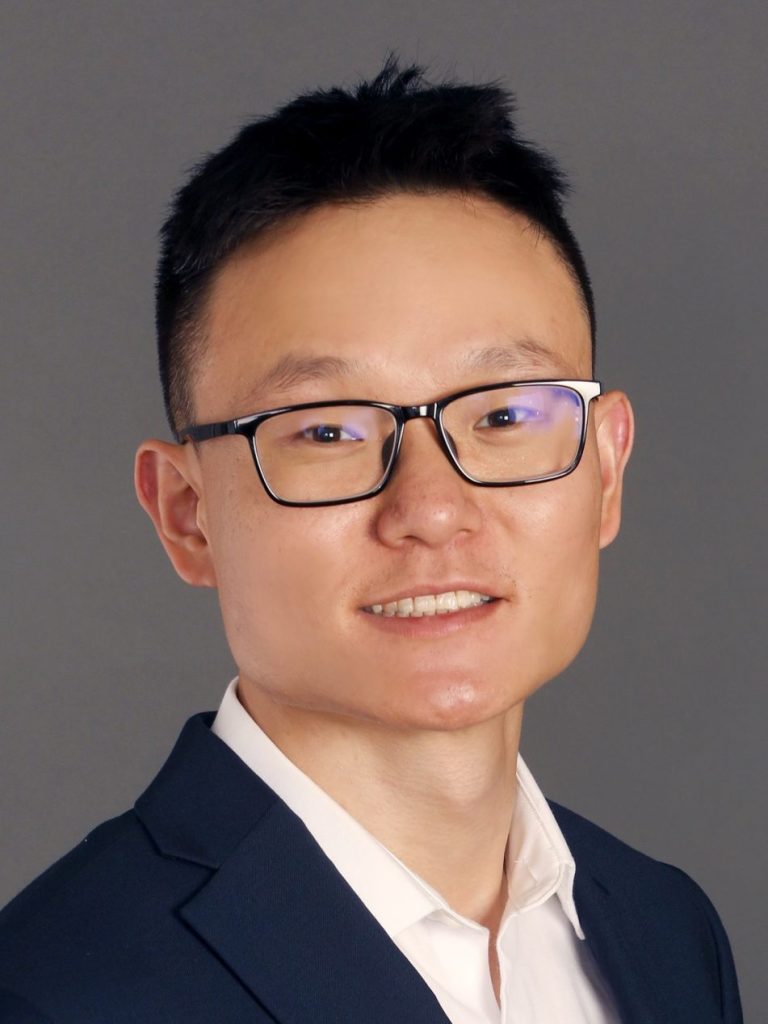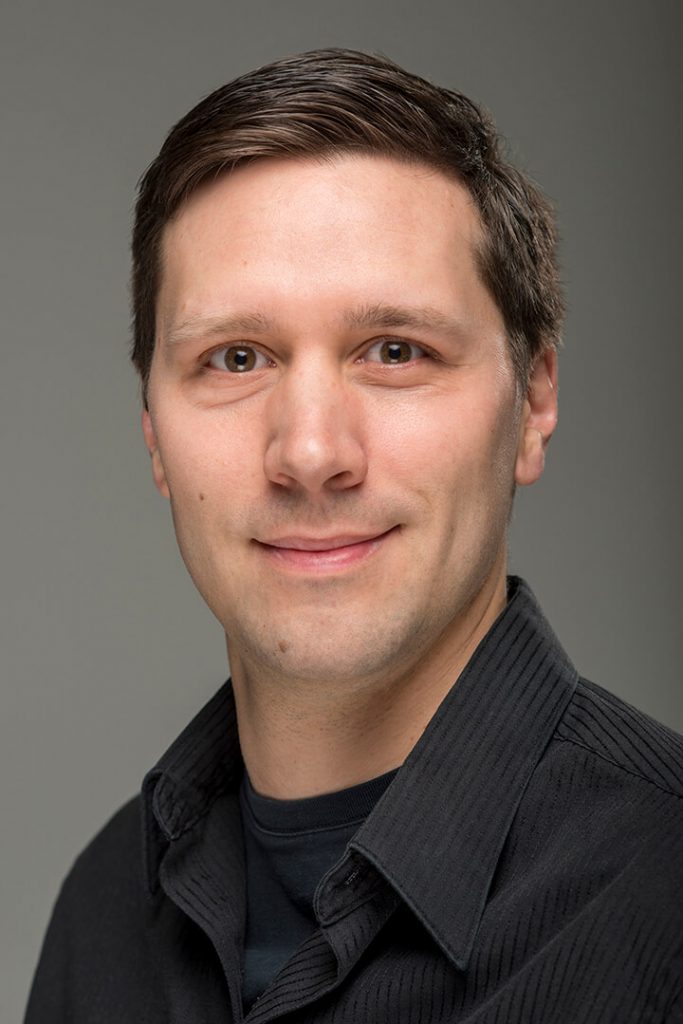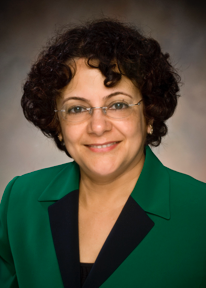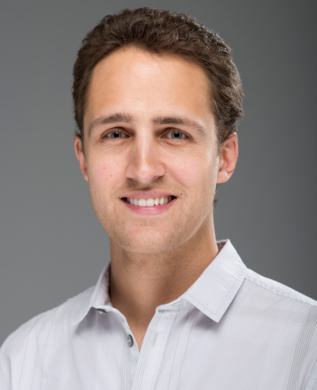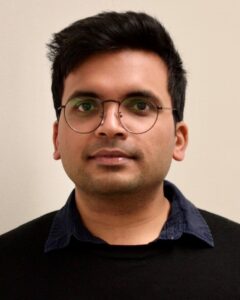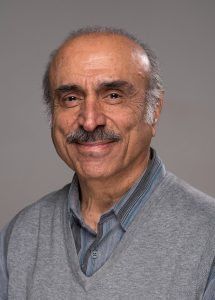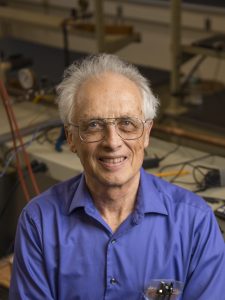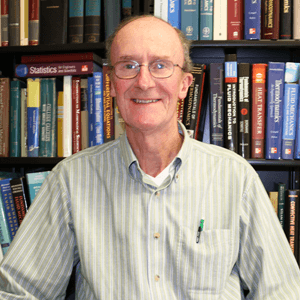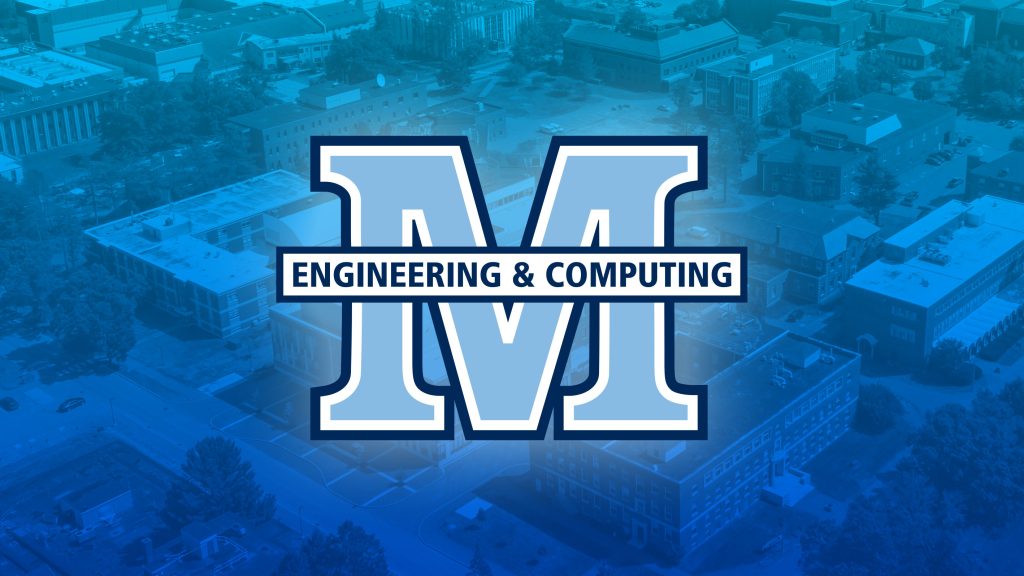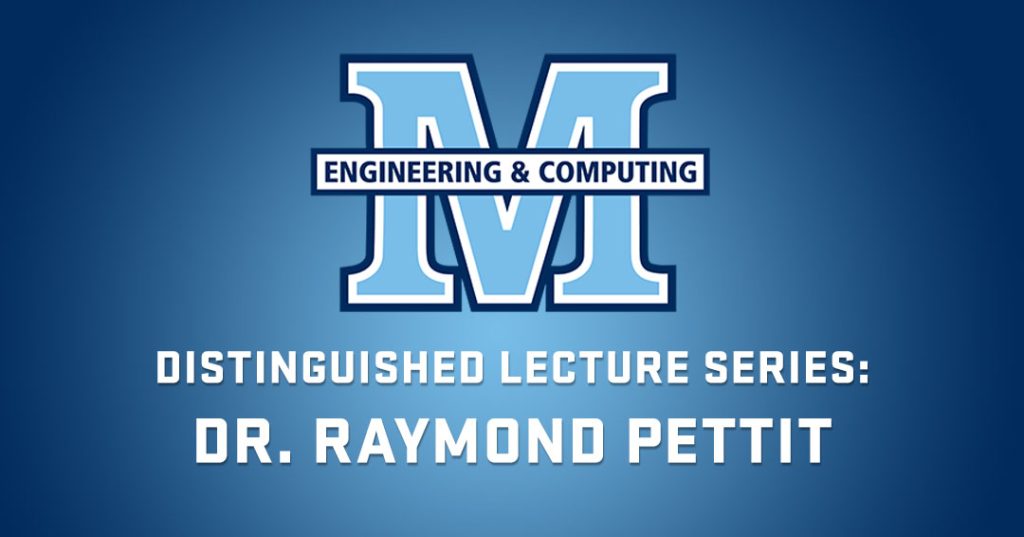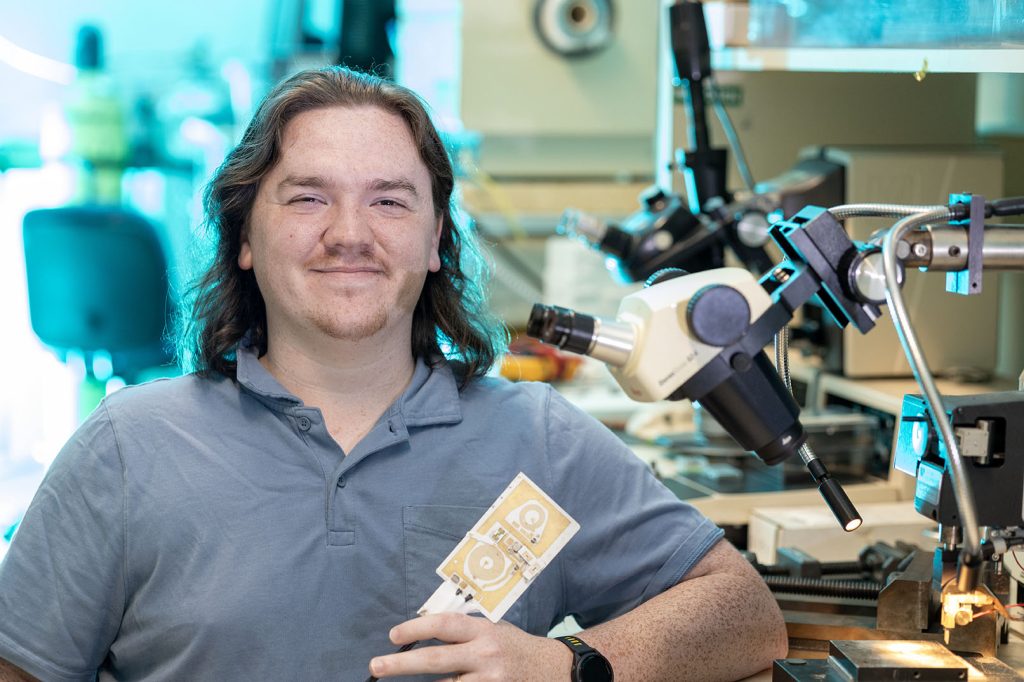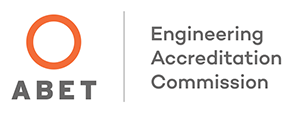Cutting-edge research and hands-on learning across diverse fields such as renewable energy, advanced manufacturing, robotics, aerospace, and nanotechnology. Our graduates are equipped to tackle complex global challenges with a strong foundation in design, analysis, and sustainable solutions.
Latest Innovations & Updates
MECHANICAL Engineering Overview
The Department of Mechanical Engineering at the University of Maine offers a comprehensive educational journey, from undergraduate to doctoral studies, with exciting research opportunities at every level. Faculty expertise spans areas including renewable energy, advanced materials, robotics, aerospace engineering, biomechanics, and computational mechanics, providing students with a dynamic and interdisciplinary learning environment.
Research highlights include innovations in offshore wind energy systems, 3D printing for sustainable manufacturing, bio-inspired aerospace design, robotics for rehabilitation, and nanoscale thermal energy transport. With state-of-the-art facilities and collaborations across industry and academia, UMaine’s Mechanical Engineering program prepares students to lead in fields critical to addressing societal and environmental challenges. Join a vibrant community committed to innovation, problem-solving, and creating a sustainable future.
Programs Offered
Undergraduate Level:
UMaine Course Catalog, Overview of Degree Requirements
Undergraduate Concentrations:
Certificates:
- Aerospace Engineering Graduate Certificate
- Composite Materials and Structures Undergraduate Certificate
- Composite Materials and Structures Graduate Certificate
- Offshore Wind Energy Graduate Certificate
Graduate Programs
- PhD in Mechanical Engineering
- Master of Science in Mechanical Engineering
- Accelerated Track MS in Mechanical Engineering
- Professional Science Master’s in Structures/Engineering Mechanics
Graduate Concentrations
Undergraduate Concentrations
Incoming Student Information
Engineering and Engineering Technology – Similarities and Differences
Many engineering graduates find roles as “engineers”, but the differences between various engineering degree programs and the nature of the jobs they lead to are often unclear. A look at the history of these programs helps to better understand their evolution.
Current Student Resources
Graduate Programs
Mechanical Engineering
The Department of Mechanical Engineering offers graduate programs leading to Master of Science and PhD degrees in Mechanical Engineering. Each graduate student, in consultation with his or her graduate committee, prepares an individual program of study.
Mechanical Engineering Research
Research in Mechanical Engineering at UMaine spans over multiple domains including additive and digital manufacturing, biomechanics, biomimetics, biorobotics, composite materials and structures, computational and experimental fluid dynamics, engineering education, engineering optimization, flight mechanics and flow control, floating offshore structures, materials science and engineering, multiscale solid mechanics, solar-thermal, wind, and wave energy, surrogate modeling, and thermal sciences and engineering.
Researchers rely on Advanced computing technology for complex computational modeling and simulations, as well as modern laboratories for scientific exploration and experimental investigations in pursuit of innovative technology solutions. Students are active participants in faculty directed research endeavors under federal, state, and industry support. Many research projects are collaborative in nature with partnerships across multiple academic and research units within UMaine and beyond.
Our Faculty & Staff
At MCEC, our faculty is the heartbeat of our academic community. Dedicated, inspiring, and deeply knowledgeable, our professors go beyond the traditional classroom experience to foster real-world skills and a passion for learning. Whether mentoring, leading innovative research, or providing personalized support, our faculty members are committed to empowering students to achieve their highest potential
Masoud Rais-Rohani
Stephen Abbadessa
Ahmed Aboelezz
Vincent Caccese
Wilhelm “Alex” Friess
Andrew Goupee
Babak Hejrati
Camerin Seigars
Senthil Vel
Kewei Xu
Xiaoxiao Zhao
Bashir Khoda
Richard Kimball
Justin Lapp
Philip King
Christopher Mordaunt
Sharmila Mukhopadhyay
Olivier Putzeys
Amrit Verma
Sheila Edalatpour
Zhihe Jin
Meghan Honnell
Mohsen Shahinpoor, Ph.D., P.E.
Justin Poland, Ph.D.
James Sucec, M.S., P.E.
Richard Sayles, Ph.D.
Michael T. Boyle, Ph.D.
MCEC NEWS
Department Contact Information
Mechanical Engineering
Masoud Rais-Rohani
masoud.raisrohani@maine.edu
Department Chair
Meghan Honnell
um.mecheng@maine.edu
Academic, Administrative, and Financial Coordinator
Ferland Engineering Education & Design Center
75 Long Road, Room 237
Orono, ME 04469
Tel: 207.581.2120
The Mechanical Engineering Program is accredited by the Engineering Accreditation Commission of ABET, https://www.abet.org, under the commission’s General Criteria and Program Criteria for Mechanical Engineering. This program leads to a Bachelor of Science degree in mechanical engineering.


